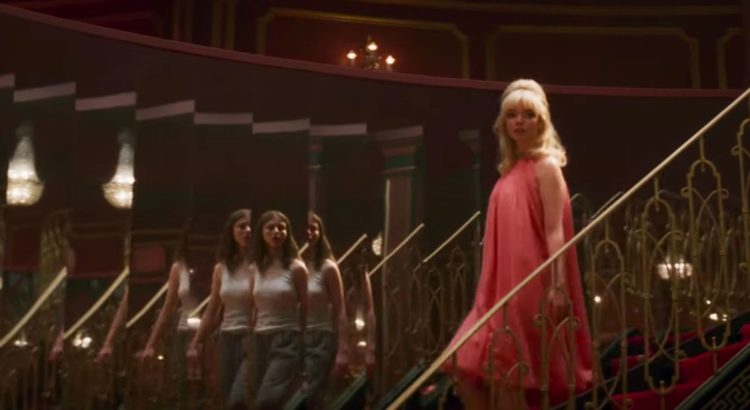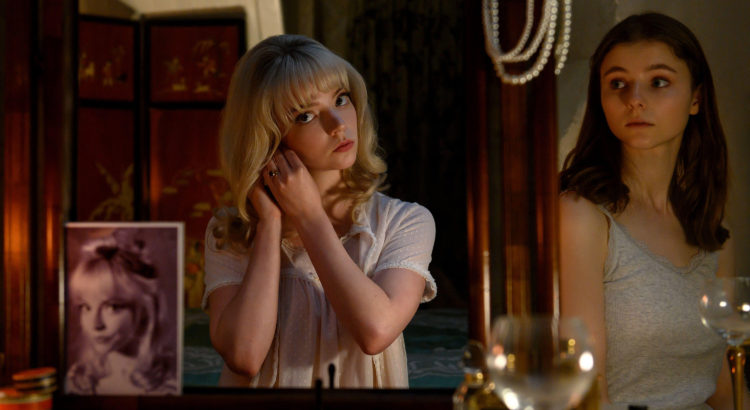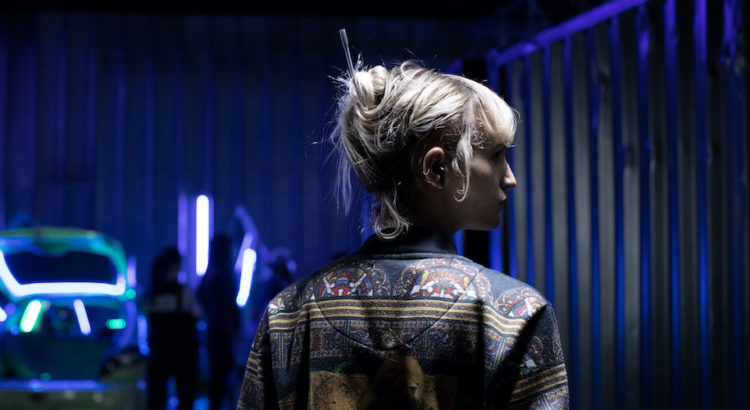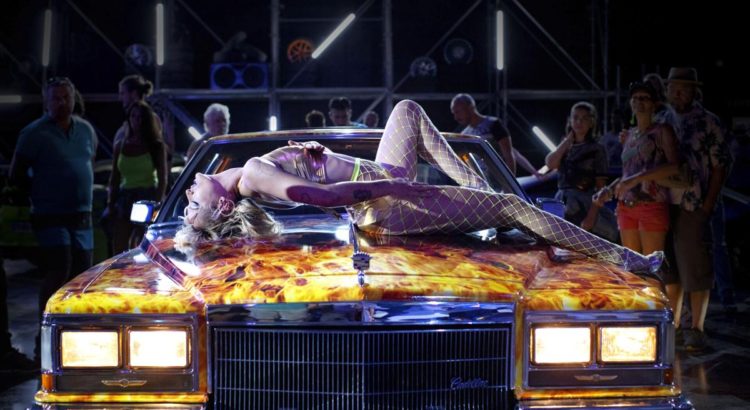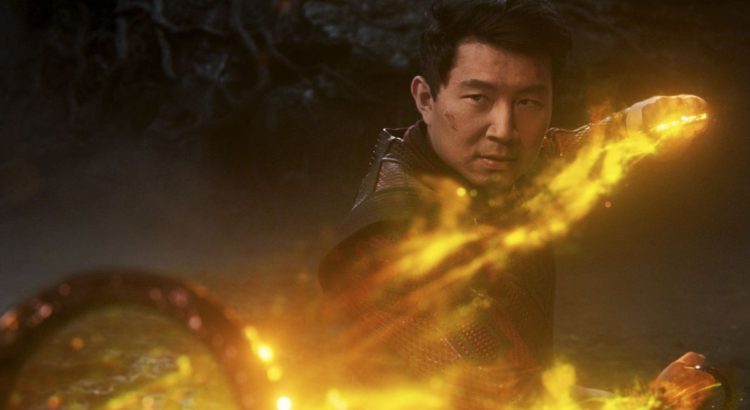I REALLY wanted to like Belle.
I’ve loved many of Mamoru Hosoda’s other movies: Summer Wars, Wolf Children, The Girl Who Leapt Through Time, and of course the O.G.: Digimon Adventure 1999 (my childhood). My gut reaction after watching Belle was to go back and rewatch all of those instead.
 Belle is an animated film adaptation of Beauty and the Beast that follows a high school student named Suzu who escapes the insecurity and loneliness of her real life through ‘U’, a dazzling virtual alternate universe where she can be someone completely different. Her virtual persona quickly rises to extreme popularity and she has to navigate these dual versions of herself while going through the trials and triumphs of high school, love, friendship, and grief.
Belle is an animated film adaptation of Beauty and the Beast that follows a high school student named Suzu who escapes the insecurity and loneliness of her real life through ‘U’, a dazzling virtual alternate universe where she can be someone completely different. Her virtual persona quickly rises to extreme popularity and she has to navigate these dual versions of herself while going through the trials and triumphs of high school, love, friendship, and grief.
Let’s start with the Good:
[1] The animation was BEAUTIFUL. I mean OH MY GOODNESS can we sit and appreciate how far animation has come in the last decade? The depictions of the alternate Digiverse ‘U’ were so effective at showing how vast it was, how many detailed moving parts there were within it. The characters truly came alive on screen as people with blood, sweat, and tears.
[2] The sound design was also incredible. Suzu’s singing features prominently throughout as a metaphor for her confidence in herself and her love for her mother. The songs were all super catchy and well written and lingered in my mind long after the movie ended.
 Alas, now we must go onto the reasons this movie was not my cup of tea, despite the great art and sound:
Alas, now we must go onto the reasons this movie was not my cup of tea, despite the great art and sound:
[1] The story was a big bowl of confusion soup. In a sci-fi movie about the metaverse, I expect the plot to be a little out there, but some things in this movie just go beyond logical human behavior. After the umpteenth weird sideball I could no longer suspend my disbelief. The story felt weak and underdeveloped.
 [2] This movie wanted so bad to be a character-driven film, and it almost got there! At the beginning, the writing was strong – the main character Suzu had a powerful backstory that set the audience up to understand her struggles and root for her. And listen, I admire an aspirational storyteller. But if stories are onions, this one had about 10 too many layers. There’s a random scene that’s supposed to nod at Beauty and the Beast but it doesn’t make sense given the characters and doesn’t mesh with the rest of the story. Near the end of the movie the tone suddenly goes from adventurous to extremely serious and then back to playful so quickly I got whiplash. Not even the most masterful chef could fold that many plotlines into one and tie them up with a
[2] This movie wanted so bad to be a character-driven film, and it almost got there! At the beginning, the writing was strong – the main character Suzu had a powerful backstory that set the audience up to understand her struggles and root for her. And listen, I admire an aspirational storyteller. But if stories are onions, this one had about 10 too many layers. There’s a random scene that’s supposed to nod at Beauty and the Beast but it doesn’t make sense given the characters and doesn’t mesh with the rest of the story. Near the end of the movie the tone suddenly goes from adventurous to extremely serious and then back to playful so quickly I got whiplash. Not even the most masterful chef could fold that many plotlines into one and tie them up with a  neat little bow. But that is what this movie tried to do and the result was a cliche ending that didn’t seem resonant with the important questions posed at the beginning of the movie: How do we continue living with joy when we’ve lost the irreplaceable? How do we learn to love ourselves? How do we rediscover our love for the things we loved as children? I’ve heard Hosoda described as a “maximalist” storyteller and here I’d have to agree — there was too much, and as a result there wasn’t enough.
neat little bow. But that is what this movie tried to do and the result was a cliche ending that didn’t seem resonant with the important questions posed at the beginning of the movie: How do we continue living with joy when we’ve lost the irreplaceable? How do we learn to love ourselves? How do we rediscover our love for the things we loved as children? I’ve heard Hosoda described as a “maximalist” storyteller and here I’d have to agree — there was too much, and as a result there wasn’t enough.
All in all, if you’re an anime connoisseur then I would say give this a watch for the dazzling animation. But life is short, and in my humble opinion Hosoda’s Summer Wars is much, much better — spend your two hours in that world instead.


